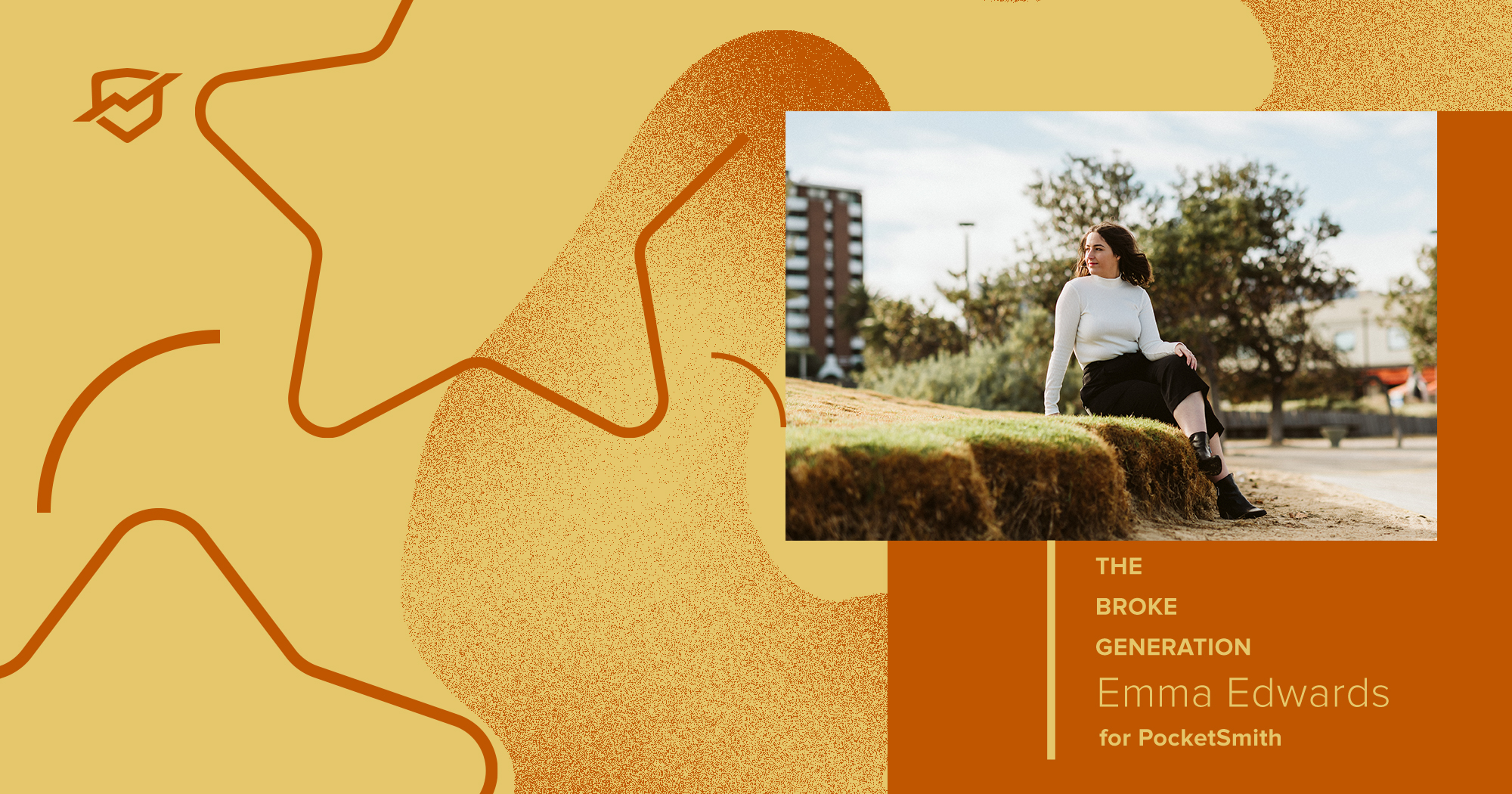
The term ‘little treat’ has become an anchor in the cultural zeitgeist. Instagram and TikTok have become a mecca for videos detailing our affinity with little treats, from iced oat lattes to an online clothing or cosmetics order, and we even joke about not being able to leave the house without indulging in a little treat. But when is treating ourselves a harmless expression of discretionary spending, and when is it damaging our financial wellbeing?
It’s said that the expression of ‘little treats’ all started with a meme about allowing a cat a small amount of salami ‘as a treat’. Over the years the term has evolved. Like many meme-based trends, little treat culture is both an unremarkable strand of human existence, and an entire cultural moment in itself. At its core, having something special as a treat isn’t anything to write home about. Giving treats for good behavior is something we do, whether it’s when raising kids or training a pet. But the culture of treating ourselves is something much more significant.
You could question whether our obsession with little treats is actually rooted in nostalgia for a simpler time in our lives. Maybe we remember getting little treats as a reward for doing something well. Now as adults battling the realities of life post-pandemic and mid-economic crisis, rewarding ourselves with a little treat after a hard day, or for doing an errand we’ve been avoiding, or for getting through an interview, reminds us of the reckless joy that came from getting a fun reward as a child.
Like most aspects of financial behavior, it all depends on the circumstances. Rewarding yourself for doing something well, or giving yourself a little pick-me-up during a rough time doesn’t immediately signal a problem. In fact, when we engage with treats from an intentional perspective, it’s actually a great way to use our money as a resource to improve our lives.
When we get value from the money we spend, we feel like we can use money to make our lives better. As a result, our relationship with money gradually improves. And so in this sense, little treats can be used to develop a positive financial experience.
Using money to improve your life is important, but being able to do this isn’t as simple as it sounds. The improvement and enrichment we see from little treats need to last longer than the fleeting moments during which it’s enjoyed. There’s a fine line over which treat behavior can lead to more significant financial problems.
It’s easy at any given moment to justify a purchase as a treat that will improve your life. But we need to ensure we’re balancing impact, consequence and frequency of these little treats.
Using the concept of little treats to actively sabotage your financial position, or as an excuse to engage in behavior that you ultimately know isn’t financially productive is where things can get messy.
The more dangerous side of little treat behavior is when it’s related to a deeper problem with spending outside of your means, and/or when it signals difficulty with controlling impulses. With so much temptation everywhere we go, it’s really easy to get stuck on a spending hamster wheel. And it’s here that our universal acceptance of ‘treating yourself’ can cause problems. If we’re buying things we don’t need, or that don’t bring us happiness, or that cause us to live beyond our means or compromise financial stability, we need to take a closer look at that.
This is particularly important during difficult periods of our lives. If we get in the habit of soothing emotions or anxieties with little treats, that spending can soon get out of control. PocketSmith’s Global Spending Map identified that ‘entertainment’ spending went up as much as 11% in some countries over the last year, despite pinched household budgets and rising costs of essentials. While this may not be an issue if it’s planned and budgeted for, it demonstrates our tendency to dial up treat spending when times are tough.
As we’ve covered, treating yourself is absolutely fine when it exists within a robust spending plan or financial ecosystem. If your bills are paid, you’ve set some savings aside, you’ve got visibility over where your money is going, and you can cover yourself in an emergency, spending some of your surplus income on little luxuries isn’t an issue.
In fact, you may even want to build in a ‘little treat fund’ into your money management so that you’ve got a pot of money there to use when you’re craving a little treat. This way, you’re intentionally setting some boundaries around what little treats you can build into your budget. $15 on a coffee and a pastry might not break the bank, but repeatedly spending $50 on small items of clothing can add up much faster.
If you’re a PocketSmith user, try organizing your little treat spends into their own category, and using the monthly, quarterly and annual view to get a top-down look at how much of your income is going on little treats. It might be a case of spending less each time, or reducing the frequency with which you’re treating yourself!
Emma Edwards is a finance copywriter and blogger, on a mission to humanize the financial services industry by creating meaningful content that’s accessible and empowering. You’ll find her penning money tips at her blog, The Broke Generation, sharing financial insights on Instagram, or injecting life into content for her business clients.